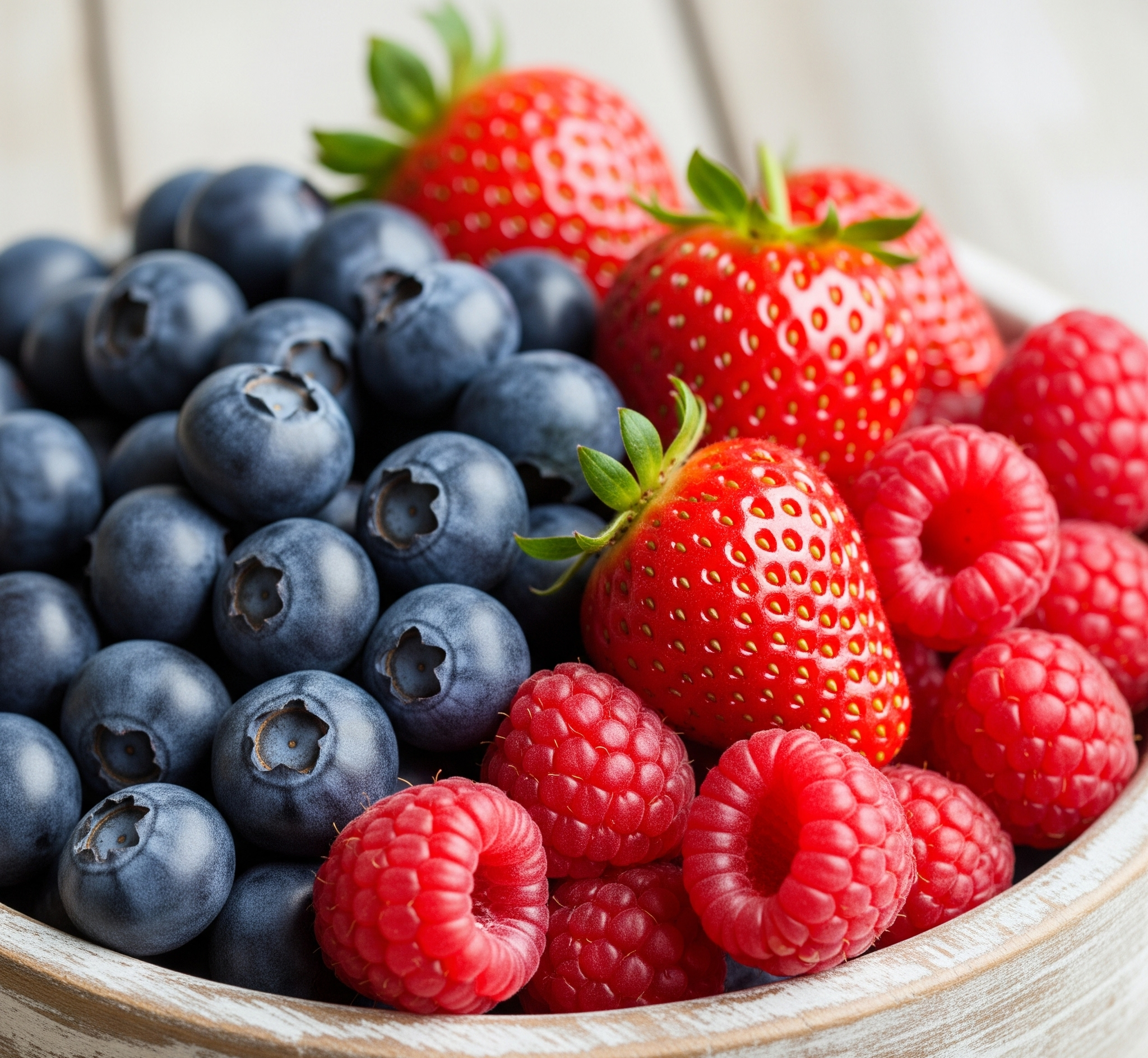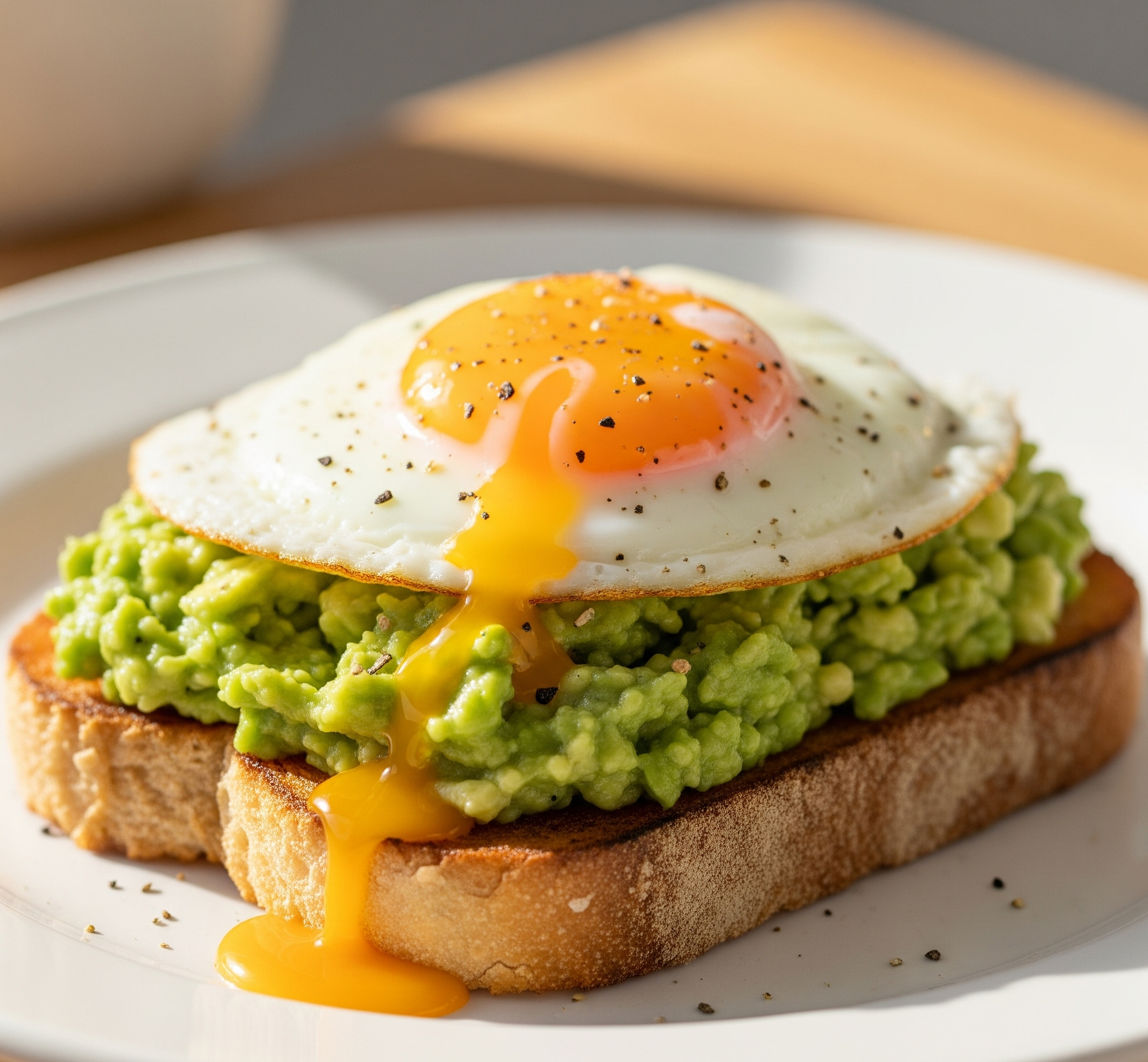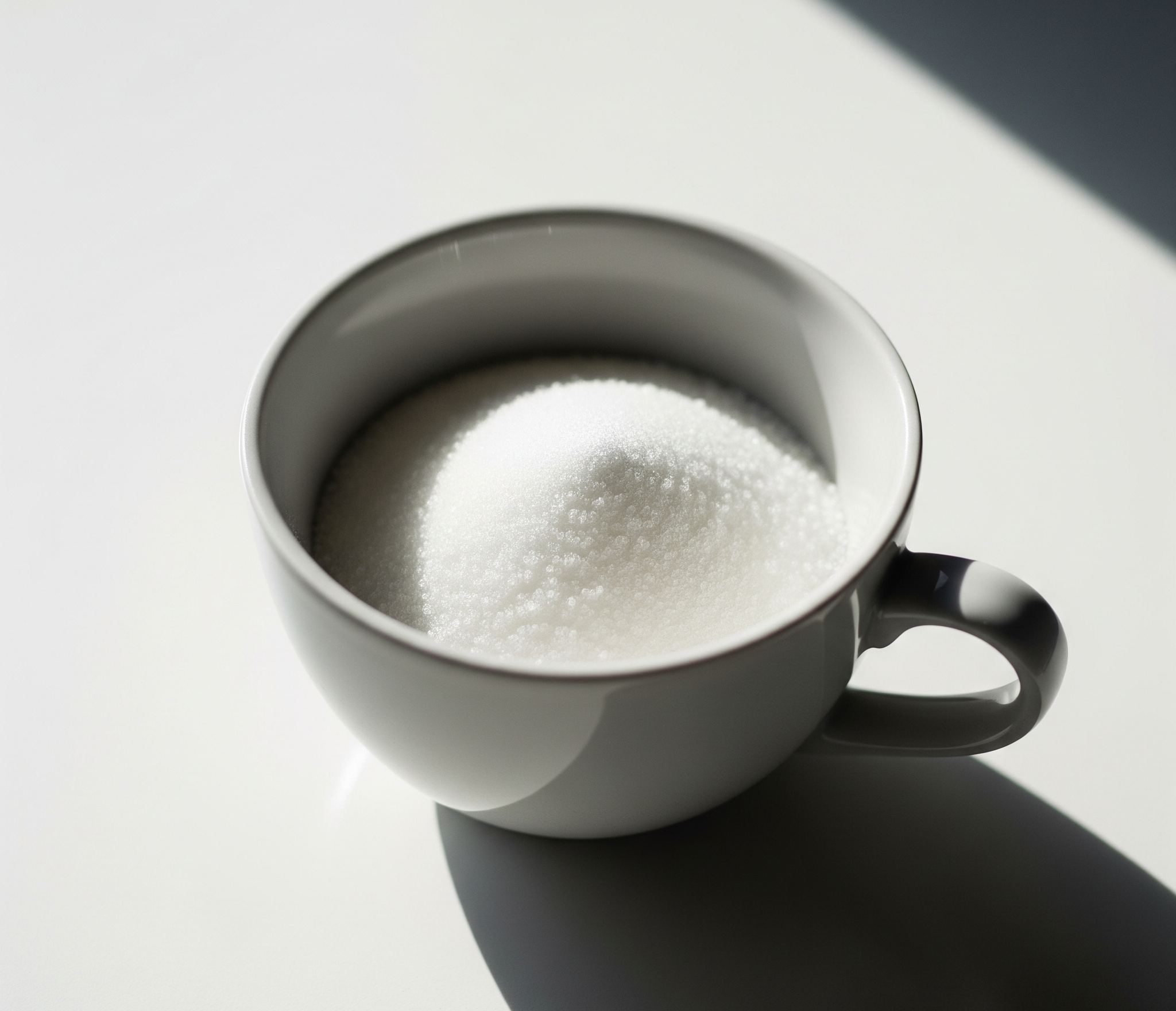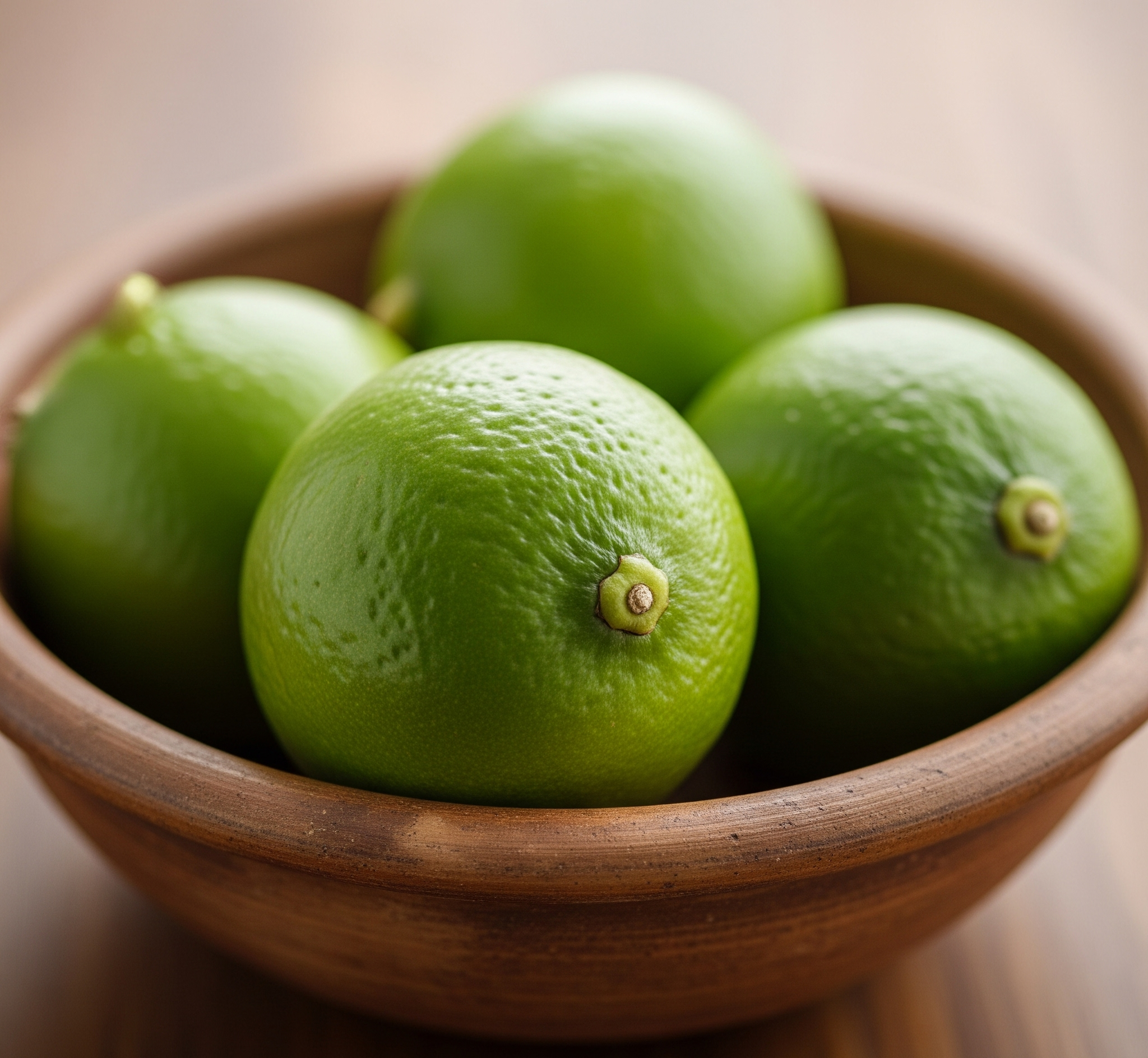Top Anti-Inflammatory Foods to Eat Weekly
Chronic inflammation is linked to numerous health problems, including heart disease, diabetes, arthritis, and even cancer. While medications can help, your diet plays a crucial role in managing inflammation. Incorporating anti-inflammatory foods into your weekly meals can reduce oxidative stress, improve immunity, and promote long-term wellness.
For enhanced benefits, this omega-3 rich supplement complements an anti-inflammatory diet.
In this article, we’ll explore:
✅ What inflammation is and why it matters
✅ Top 10 scientifically proven anti-inflammatory foods
✅ How these foods work to fight inflammation
✅ Easy ways to add them to your diet
✅ A sample anti-inflammatory meal plan
Let’s dive into the best foods to keep inflammation at bay!
1. Understanding Inflammation: Good vs. Bad
Acute Inflammation (Helpful)
- Short-term response to injury or infection (e.g., redness, swelling).
- Essential for healing.
Chronic Inflammation (Harmful)
- Long-term, low-grade inflammation.
- Linked to:
- Heart disease
- Diabetes
- Autoimmune disorders
- Neurodegenerative diseases (Alzheimer’s)
Diet Tip: Processed foods, sugar, and trans fats increase inflammation, while whole foods fight it.
2. Top 10 Anti-Inflammatory Foods to Eat Weekly
1. Fatty Fish (Salmon, Sardines, Mackerel)
- Why? Rich in omega-3s (EPA/DHA), which reduce inflammatory markers like CRP.
- How to Eat: Grill or bake 2–3 servings weekly.
- For those who don’t eat fish regularly, a marine-sourced omega blend provides equivalent EPA/DHA.
2. Berries (Blueberries, Strawberries, Raspberries)
- Why? Packed with anthocyanins, antioxidants that lower inflammation.
- How to Eat: Add to yogurt, oatmeal, or smoothies.
3. Leafy Greens (Kale, Spinach, Swiss Chard)
- Why? High in vitamin K, which fights inflammatory cytokines.
- How to Eat: Sauté with garlic or blend into green smoothies.
4. Extra Virgin Olive Oil
- Why? Contains oleocanthal, with effects similar to ibuprofen.
- How to Eat: Drizzle over salads or use for low-heat cooking.
5. Turmeric (+ Black Pepper)
- Why? Curcumin in turmeric blocks NF-kB, a key inflammation pathway.
- Pro Tip: Pair with black pepper to boost absorption by 2,000%.
- Maximize absorption with a bioavailable curcumin formula for stronger effects.
6. Nuts (Walnuts, Almonds, Pistachios)
- Why? Provide healthy fats + magnesium, which lowers CRP.
- How to Eat: A handful daily as a snack.
7. Green Tea
- Why? EGCG in matcha/green tea reduces cell damage.
- How to Drink: 2–3 cups daily (hot or iced).
- Pair with a concentrated antioxidant support for enhanced cellular protection.
8. Dark Chocolate (70%+ Cocoa)
- Why? Flavonoids reduce inflammation and improve blood flow.
- How to Eat: 1–2 squares as an evening treat.
9. Tomatoes
- Why? Lycopene fights inflammation, especially when cooked.
- How to Eat: Sauces, soups, or roasted.
10. Fermented Foods (Kimchi, Sauerkraut, Kefir)
- Why? Probiotics improve gut health, reducing systemic inflammation.
- How to Eat: 1 small serving daily.
3. How These Foods Fight Inflammation
| Food | Key Anti-Inflammatory Compound | Effect |
| Salmon | Omega-3 fatty acids | Lowers IL-6 and TNF-alpha |
| Turmeric | Curcumin | Blocks NF-kB pathway |
| Blueberries | Anthocyanins | Reduces oxidative stress |
| Olive Oil | Oleocanthal | Mimics NSAIDs (e.g., ibuprofen) |
Science Note: A 2023 study in The Journal of Nutrition found that people eating these foods 3+ times/week had 30% lower inflammation markers.
4. Sample Anti-Inflammatory Meal Plan (1 Day)
Breakfast
- Oatmeal with walnuts, blueberries, and flaxseeds (300 kcal)
Lunch
- Grilled salmon salad (spinach, tomatoes, olive oil dressing) (400 kcal)
Snack
- Green tea + 2 squares dark chocolate (100 kcal)
Dinner
- Turmeric-spiced lentils with sautéed kale (350 kcal)
Dinner Tip:
- “Boost turmeric lentils with an inflammation-targeting complex for added benefits.”
Total: ~1,150 kcal (adjust portions as needed).
5. Foods to Avoid (Pro-Inflammatory)
- Processed meats (sausages, bacon)
- Refined carbs (white bread, pastries)
- Sugary drinks (soda, sweetened coffee)
- Trans fats (fried foods, margarine)
6. Long-Term Benefits of an Anti-Inflammatory Diet
✔ Reduces joint pain (arthritis relief)
✔ Lowers heart disease risk (improves cholesterol)
✔ May protect against cancer (limits cell damage)
✔ Improves gut health (balances microbiome)
✔ Combined with a gut-supporting supplement, this diet may reduce joint pain by 40% (per 2022 study).
Final Thoughts
Adding these 10 anti-inflammatory foods to your weekly diet is a delicious way to combat chronic inflammation naturally. Start with small changes—like swapping vegetable oil for olive oil or adding turmeric to soups—and build from there.
Which food will you try first? Let us know in the comments!













